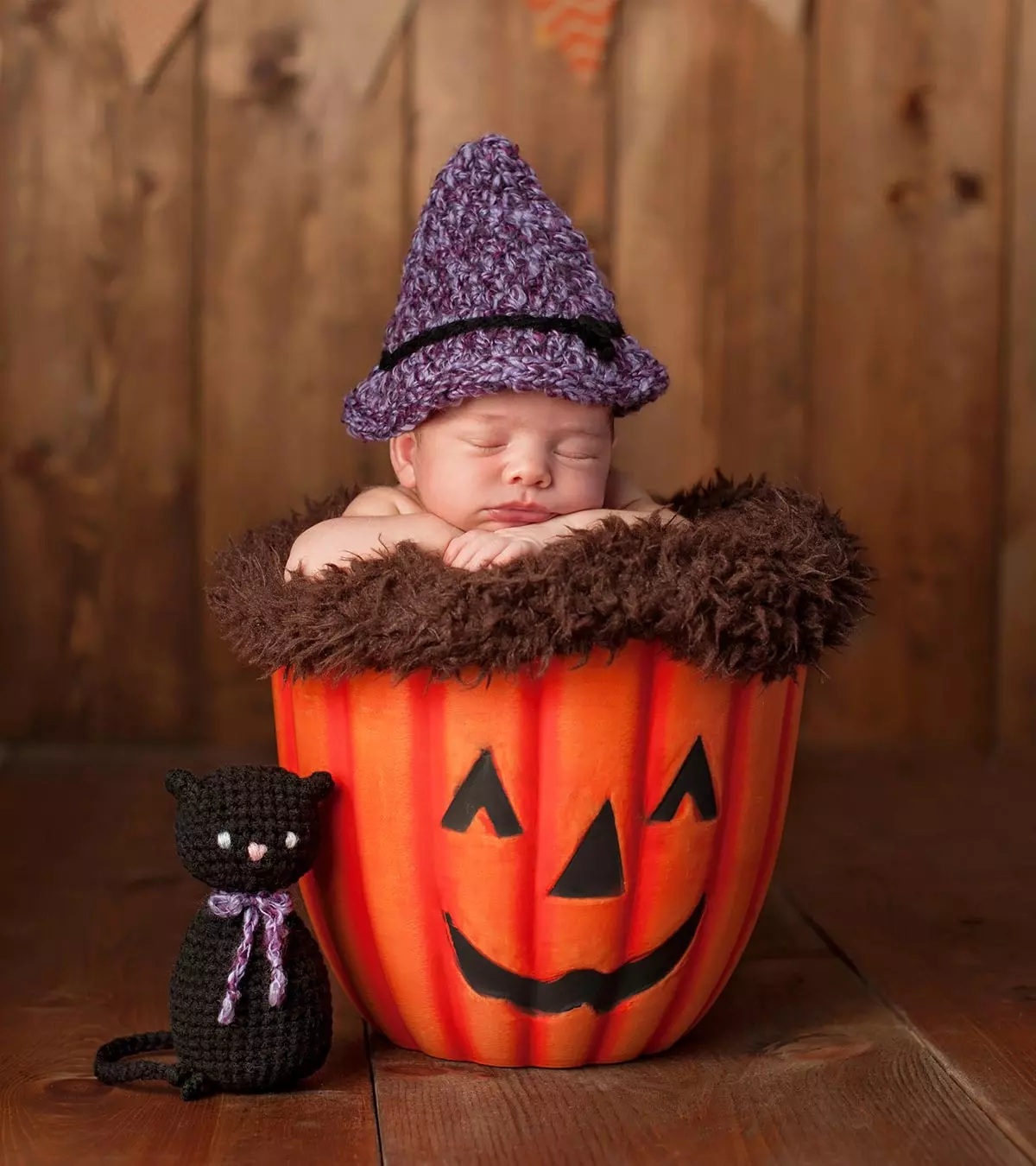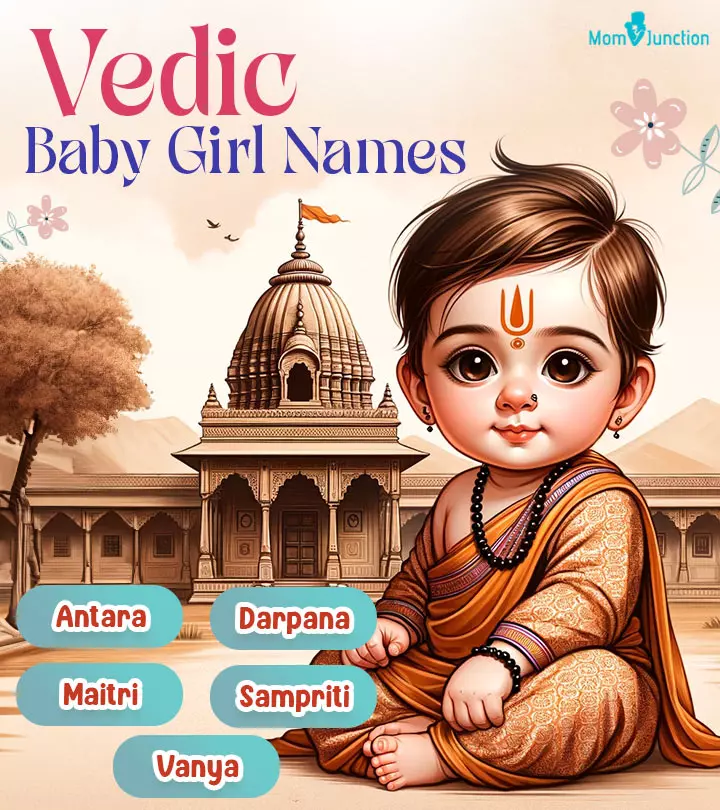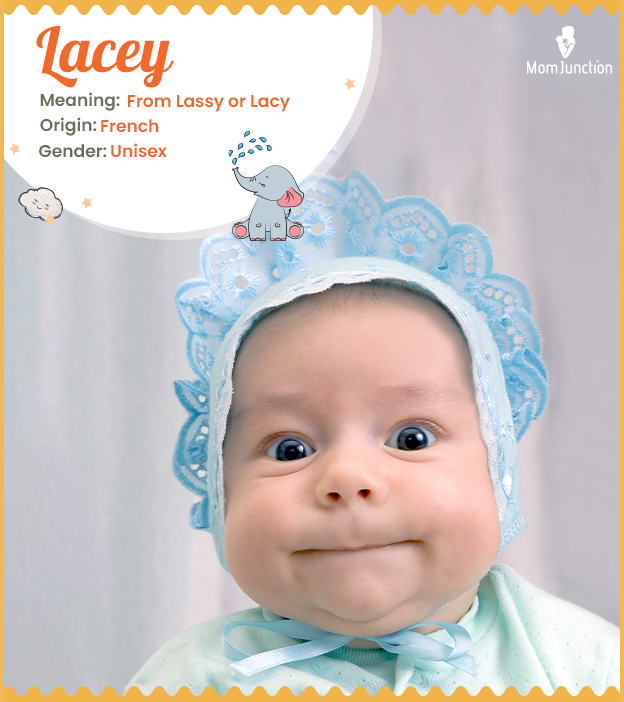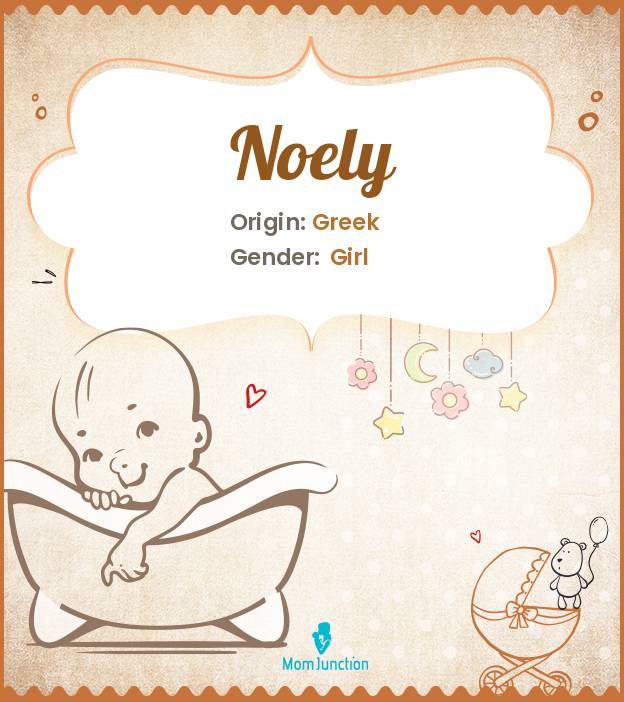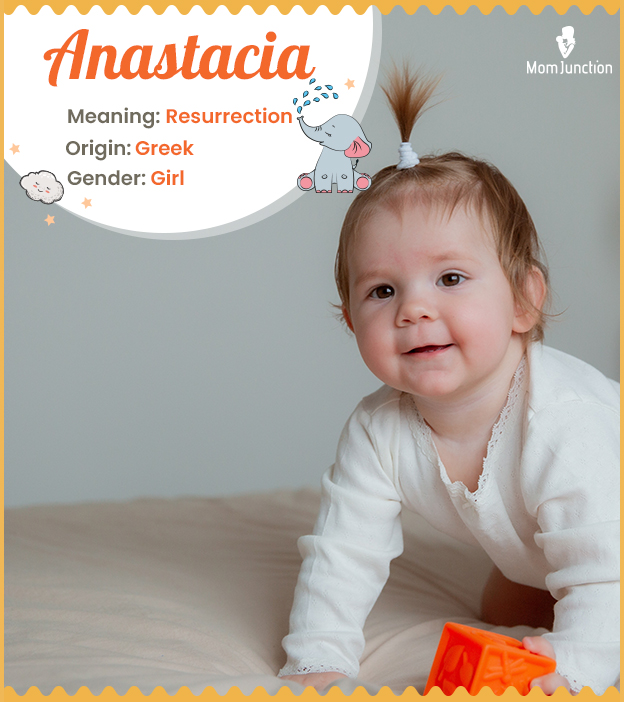
Image: Shutterstock

Romanian is the official language of Romania and the most widely spoken of the Eastern Romance languages. Several Romanian last names and surnames are derived from the language with some influence from other European languages. These last names or surnames are often derived from a person’s location, occupation, and nickname. Several Romanian names are formed by adding suffixes such as –escu, -eanu, and -anu, to name a few. Romanian surnames reflect the diverse cultural and historical influences that have shaped the country over centuries. From Latin roots to Slavic, Hungarian, and Greek influences, each surname carries a story that connects individuals to their ancestry and offers a glimpse of Romania’s past.
This post brings you a list of Romanian last names and surnames with interesting and amusing origins.
Key Pointers
- Romanian last names are derived from several languages, including Latin, Greek, Hungarian, Turkish, and Slavic.
- Patronymics are often formed by adding suffixes such as -escu and -eanu to the father’s name.
- Some Romanian surnames originate from occupations and locations.
- Romanian last names such as Andrei and Iordanescu are related to the Bible.
Romanian Last Names Or Surnames With Meanings
1. Albescu
The root word for this Romanian surname is the word ‘alb’ that means ‘white’ in the Romanian language.
2. Albu
It is also derived from the word ‘alb,’ which stands for ‘white’ in Romanian.
3. Aldea
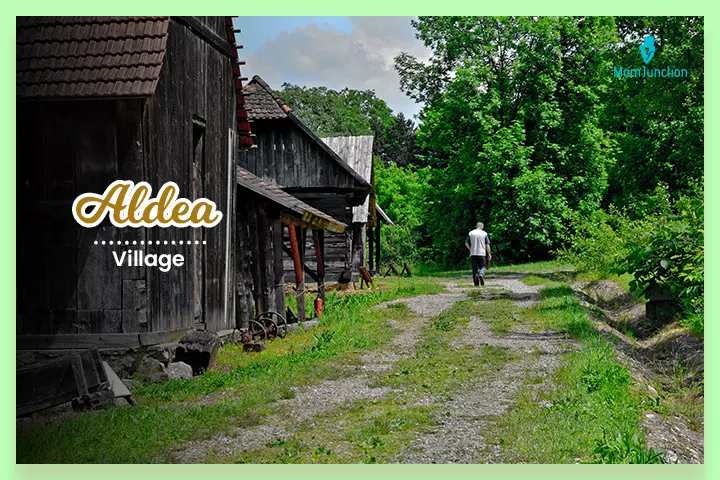
It originates from the Spanish word ‘Aldea,’ which means ‘village.’ The surname is likely a toponymic one.
4. Andrei
It is the Romanian form of the name ‘Andrew,’ which comes from the Greek name ‘Andreas.’ The name ‘Andreas’ means ‘manly’ or ‘masculine.’ The surname ‘Andrei’ has several spelling variants, and a few examples are Andre, Andrea, and Andri.
5. Ardelean
This surname is derived from the word ‘Ardeal,’ which is the Romanian baby name for the region of Transylvania. The word ‘Ardeal’ likely comes from ‘erdo’ – the Hungarian word for forest.
6. Baciu
It is derived from the Romanian word ‘baci’ meaning a ‘shepherd.’ The word ‘baci’ is also used to refer to the captain of a team in the game of Oina, which is a traditional sport of Romania.
7. Balan
It means ‘blond’ in Romanian. Balan is also a town in Romania, and thus the surname could be toponymic.
 Did you know?
Did you know?8. Barbaneagra
The literal translation of this Romanian last name is ‘black beard.’
9. Barbu
This word in Romanian means ’bushy beard.’
10. Bogdan
The word means ‘god-given’ or ‘gift of God.’ The word is made of two Slavic language words, namely ‘bogu’ meaning ‘god’ and ‘dan’ meaning ‘given.’
11. Botezatu
This Romanian surname means ‘baptized.’
12. Bucur
The name comes from the word ‘bucurie,’ which means ‘happiness’ ‘joy’ or ‘delight’ in Romanian. The name could also be a reference to the legend of Bucur, a shepherd who is said to have founded Bucharest – the capital of Romania.
13. Cazacu
It is a toponymic surname referring to someone who came from a region along the Cazacu river in Romania.
14. Cel Tradat
This Romanian surname means ‘the betrayed.’
15. Ciobanu
It is derived from the Romanian word ‘cioban’ meaning a ‘shepherd.’ It is an occupational surname given to the shepherd community of Romania.
16. Cojocaru
This surname is derived from the word ‘cojoc,’ which means ‘sheepskin’ in Romanian. This is likely an occupational surname given to people who manufactured coats using sheepskin.
17. Craioveanu
It means a ‘person of Craiova.’ Craiova is a Romanian city, and this surname is a toponymic one referring to someone with their origins in the city.
18. Creţu

It comes from the word ‘cret’ that means ‘curly’ in Romanian. The surname originally could have referred to those with curly hair.
19. Dalca
The name is of uncertain origin, and is probably derived from an old Romanian word ‘dalca’ meaning ‘lighting.’
20. Dan
The name is a variant of the word ‘Daniel,’ that comes from Hebrew and means ‘God is my judge.’ Other origins could be the Old Norse baby name ‘Danr’ or a reference to someone from the country of Denmark.
21. Dascălu
It comes from the word ‘dascal’ meaning ‘teacher,’ ‘schoolmaster’ or an ‘instructor.’ It is an occupational surname.
22. Dragavei
It is the Romanian name for the plant called Curly Dock. It probably referred to someone who lived close or had a field of the curly dock plant.
23. Eder
The origin of the name is unknown. It could be the Basque word ‘Eder’ meaning ‘handsome’ or ‘beautiful.’ Another origin could be the Hebrew name ‘Eder’ that means ‘the flock.’
24. Enache
This one is both a name and a surname. The origin is believed to be the name Menachem, which means ‘comforter’ in Hebrew.
25. Erner
Erner likely means ‘Serbian’ in Romanian.
26. Fieraru
Fieraru means ‘smith’ in Romanian. It is an occupational surname given to smiths – blacksmiths, coppersmiths, goldsmiths, etc.
27. Fischer
It is the German word for ‘fisherman.’ The occupational surname likely originated in Germany and later may have migrated to Romania.
28. Floarea
This surname means ‘flower’ in Romanian.
29. Florescu
It is derived from the name and word ‘Floarea.’
30. Funar
Funar means ‘rope maker,’ an occupational surname given to people who make ropes.
31. Gheata
Gheata is the Romanian word for ‘ice.’
32. Grosu
It originates from the Romanian word ‘gros’ that means ‘thick,’ ‘stout,’ ‘coarse’ or ‘bulky.’
33. Hatmanu
Hatmanu is an occupational surname. It was given to people who, in the medieval times, were equivalent to the military rank of a General.
34. Hofer
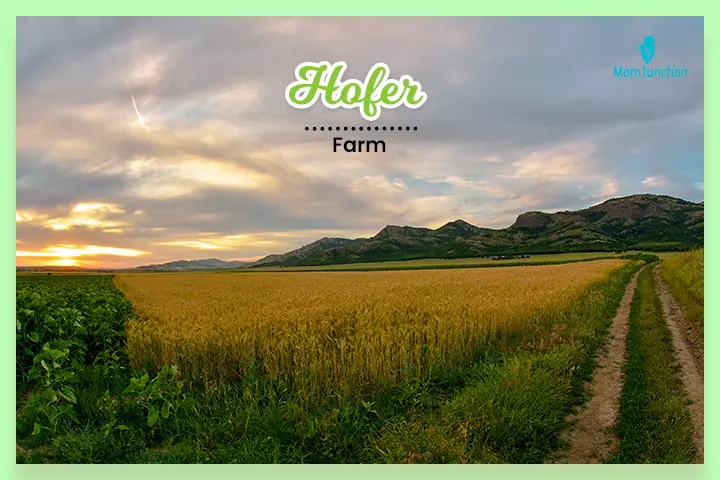
Hofer means ‘steward’ in Romanian and may be related to the Romanian word ‘Sofer’ that means ‘chauffer’ or ‘operator.’ Another origin could be the German name ‘Hofer’ meaning a ‘farm,’ ‘house,’ or ‘courtyard’ thus making it an occupational surname for a steward; a caretaker for the property.
35. Iordanescu
It means ‘son of Iordan.’ The name ‘Iordan’ is the Romanian version of the name ‘Jordan,’ which comes from Hebrew and means to ‘descent’ or ‘flow down.’
36. Ioveanu
This Romanian surname means ‘son of Ivan.’ The name Ivan is derived from the name ‘John’ that comes from Hebrew and means ‘God is gracious.’
37. Lazarescu
It means ‘son of Lazar.’ The name ‘Lazar’ comes from the Hebrew name ‘Eleazar’ meaning ‘my God has helped.’
38. Luca
It is the Romanian form of the name ‘Luke,’ which is derived from an ancient Greek name ‘Loucas’ meaning a ‘man from Loucania.’ The place Loucania, also spelled Lucania, was an ancient region in Italy.
39. Lungu
It comes from the Romanian word ‘lung,’ which means ‘long.’ It may have originally referred to someone who was tall or had long limbs.
40. Lupu
It is a cognate of the Romanian word ‘lup’ meaning a ‘wolf.’
41. Lupei
It is also derived from the word ‘lup’ meaning ‘wolf’ in Romanian.
42. Maier
A Maier is a ‘farmer.’ The occupational surname could be a short form of the Romanian word ‘farmier’ meaning ‘farmer.’ Another origin could be the name ‘Meyer’ that comes from the Middle High German word ‘meier’ meaning an ‘administrator.’
43. Mayer
It is a variant of the name ‘Meyer’ that comes from Middle High German and means ‘administrator,’ ‘sheriff’ or an ‘officer.’
44. Mitrea
It is a cognate of the word ‘mitra,’ which is the Romanian word for ‘miter’ – a tall cap or headdress worn by bishops or senior priests.
45. Munteanu
It means ‘from the mountain’ in Romanian. It is either an occupational surname for a mountaineer or a toponymic surname for someone who lived in the mountains.
46. Muller
It is an occupational surname for a ‘miller’ – a person who mills.
47. Nectaria
It is derived from the word ‘nectar,’ which is the juicy and sweet secretion of flowers.
48. Net
It is derived from the Old Latin name ‘Netus’ meaning ‘superior’ or ‘greater.’
49. Nicolescu
It means ‘son of Nicolae.’ The name ‘Nicolae’ is the Romanian variant of ‘Nicholas,’ which comes from Greek and means ‘victory of the people.’
50. Popa
It means a ‘priest,’ ‘pastor’ or ‘clergyman.’ A variant of the surname is ‘Popescu’ that means ‘son of a Priest.’
51. Pichler
It is a toponymic surname for someone who ‘lives on or by a hill.’
52. Radu
It comes from the Old Slavic word ‘rad’ meaning ‘happy.’
53. Reiter
It is derived from the name ‘Reuter,’ which comes from the Middle High German word ‘riute’ meaning a ‘cleared land.’ The name may have been a toponymic one referring to someone who lived on a piece of cleared land.
54. Romanescu
It means ‘son of Roman.’ It may have been one of the Ancient Roman baby names for the people who were descendants of the Romans from the Roman Empire.
55. Roşu
It means the color ‘red’ in Romanian.
56. Rusu
It means ‘Russian’ in Romanian. It originally may have referred to people of Russian origin.
57. Sala
It is the Romanian word for a ‘hall,’ ‘chamber’ or a ‘large house.’ It is an occupational surname given to a worker at a manor house.
58. Sandu
It is the short form of ‘Alexandru’ – the Romanian version of the name Alexander, which comes from Greek and means ‘defender of humanity.’
59. Schmidt
It is derived from the Middle High German word ‘smit’ that means a ‘smith.’ It is an occupational surname for someone who worked as a smith, for example, a blacksmith or goldsmith.
60. Segarceanu
It means someone who has their origins in Segarcea, a town in the Romanian county of Dolj that lies on Romania’s border with Bulgaria.
61. Stefan

It is the Romanian variant of the name ‘Stephen,’ which comes from the Greek name ‘Stephanos’ meaning ‘crown.’
62. Skutnik
It is derived from the Romanian word ‘scuti’ meaning ‘exempted.’ The name may have been associated with farmers or peasants or a section of the population who were officially exempted from certain taxes.
63. Stan
It is a short form of the name ‘Stanislav,’ which is a combination of Slavic words ‘stani’ meaning ‘stand,’ ‘become,’ or ‘attain’ and ‘slava’ meaning ‘glory.’
64. Stoian
It is a variant of the name ‘Stoyan,’ which comes from Bulgaria. ‘Stoyan’ originates from the Bulgarian word ‘stoya’ meaning ‘to stand.’
65. Stoica
The surname is of unknown origin, but likely to be related to ‘Stoain.’ Another source could be the Romanian word ‘stoic,’ which is same as the English word stoic meaning someone who is aloof and detached”.
66. Suta
Suta means ‘left-handed’ in Romanian and was given to people who used their left hands for work.
67. Tarniceriu
It is an occupational Romanian last name for a ‘saddler,’ a person who makes and repairs saddles.
68. Tecuceanu
It means ‘from Tecuci.’ It is a toponymic surname referring to someone from the city of Tecuci in Romania.
69. Ungureanu
It is the Romanian word for ‘Hungarian.’ The toponymic surname refers to people with their origins in the country of Hungary.
70. Vacarescu
It means ‘son of cowherd’ or ‘descendant of a cowherd.’ It is an occupational surname used to refer those who reared cows or were in the cattle business.
71. Vlad
It is the diminutive form of the Slavic name ‘Vladislav’ that means ‘one who rules by glory’ or ‘one who is glorious.’ A famous bearer of the name was the 15th-century ruler Vlad III, who is often regarded as a national hero in Romania.
72. Vulpe

It is the Romanian word for ‘fox.’
73. Weber
This occupational surname is of German origin and means a ‘weaver.’
74. Zamfir
It is a variant of the Romanian word ‘safir’ that means ‘sapphire.’ The occupational surname refers to those who traded in jewels or worked as jewelers.
75. Zugravescu
It is derived from the Romanian word ‘zugravi’ that means to ‘portray,’ ‘depict’ or ‘describe.’ The surname ‘Zugravescu’ means ‘son of the one who describes or portrays the past.’
Discover More Names
When you have to choose a name for your baby, a few hundreds of names may not be just enough. Keep digging our mine of baby names until you find that one precious gem.
Frequently Asked Questions
1. Are there differences between Romanian last names and surnames?
Many cultural aspects influence Romanian surnames, including nature, profession, and family history. In Romania, men and women have different last names. The suffix chosen for the last names makes a difference.
2. How have Romanian last names evolved over time?
The suffixes used may have altered Romanian surnames, although major changes may not have occurred.
3. Do Romanians have two last names?
No, Romanians generally do not have two last names. They typically have a single last name that is passed down from the father’s lineage. However, it is worth noting that in some cases, individuals may use both their father’s and mother’s last names informally or for specific purposes, but legally they have a single last name.
4. Why do so many Romanian names end in U?
The prevalence of Romanian names ending in “u” can be attributed to the influence of the Romanian language, which often forms masculine surnames by adding the suffix “-u” to the root of a name. This linguistic convention has contributed to a significant number of Romanian surnames ending in “u.”
5. What is the history and origin of Romanian last names and surnames?
Romanian last names have diverse origins. Some are derived from personal names, occupations, geographic features, or patronymic/matronymic naming practices. Historical influences from neighboring regions, such as Slavic, Hungarian, Turkish, or German influences, have also contributed to the formation of Romanian surnames.
6. How do Romanian last names differ from other European last names?
Romanian last names often exhibit unique linguistic features and suffixes, such as “-escu” or “-aș,” indicating belonging or origin. Additionally, Romanian surnames reflect a blend of influences from neighboring regions, resulting in distinct variations and a diverse range of naming patterns compared to other European countries.
7. What are the cultural and historical influences on Romanian last names?
Romanian last names are influenced by diverse cultural and historical factors, including Latin origins from the Roman Empire and subsequent influences from neighboring Slavic, Hungarian, and Turkish cultures.
8. How do Romanian naming conventions differ for men and women?
In Romanian naming conventions, men typically have a given name followed by a surname. At the same time, women often add a feminine suffix (-a, -ea, -escu) to their father’s or husband’s surname, indicating their gender and marital status.
9. Can Romanian last names be traced back to specific regions or ethnic groups?
Romanian last names can often be traced back to specific regions or ethnic groups. For example, surnames ending in -escu or -eanu are commonly associated with the Romanian majority, while surnames with Slavic or Hungarian origins may indicate ancestral ties to those ethnic groups.
10. What are some common Romanian surnames and their meanings?
Some of the most common Romanian surnames include Popa, meaning ‘priest,’ Ciobanu, an occupational surname derived from the Romanian word cioban, meaning ‘shepherd,’ Stan, a Slavic name meaning ‘stand in glory,’ and lastly, Radu meaning ‘happy’ or ‘joyful.’ These surnames reflect the country’s rich heritage and culture.
Romania is a beautiful country with a diverse cultural history. If you want to know about it, this list of Romanian last names and surnames can give you a virtual tour of the country and its people. Their surnames reflect the habitat and profession of the original name bearers passed on from generations. But the last names are not limited to these meanings only and have different significance and meanings, highlighting the country’s uniqueness and diversity.
Infographic: Romanian Surnames Or Last Names
Romanian surnames have a distinctive sound, are deeply rooted in history, and represent the country’s rich cultural heritage. If you are intrigued by Romanian cities and history, we have compiled a list of occupational and toponymic Romanian surnames in the infographic below, which are worth a read.
Some thing wrong with infographic shortcode. please verify shortcode syntax
Illustration: Common Romanian Surnames Or Last Names With Meanings

Image: Dall·E/MomJunction Design Team
Discover 10 interesting facts about Romanian names! Learn why they are unique and how they are formed. Get ready to be amazed!
Community Experiences
Join the conversation and become a part of our nurturing community! Share your stories, experiences, and insights to connect with fellow parents.
Read full bio of Shikha Thakur
Read full bio of Srija Chanda Burman
Read full bio of N Pravenchandra Singh

 Trivia
Trivia



